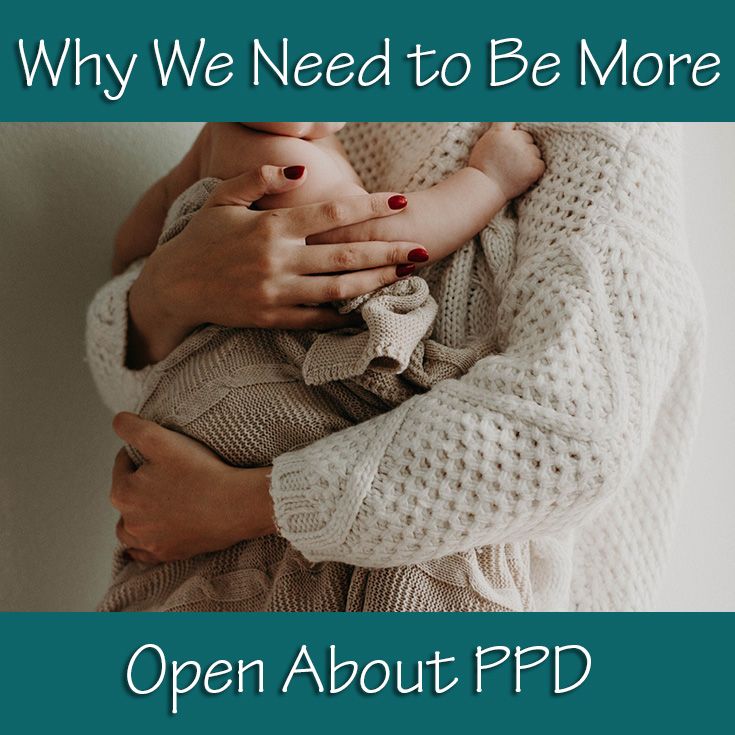A family health history also referred to as a family medical history or family medical tree, is a record of health information about a person and his or her close relatives. It lists illnesses and medical conditions affecting family members from three generations including parents, children, siblings, cousins, and grandparents.
Knowing your family’s health history may give you an insight into the conditions common among your family members. It may also show if you are at risk for certain diseases.
Importance of a Family Health History
Families have a similar genetic background and often have similar lifestyles. By compiling your family’s health history, your physician may be able to study the patterns of disorders among your relatives. Healthcare professionals may also be able to determine if you or any of your family members may be at an increased risk of developing a particular condition. For example, a family health history may indicate the possibility of a relative’s risk of developing common disorders like high blood pressure, stroke, heart disease, and type 2 diabetes.
A family health history is helpful when consulting a physician since they will be able to properly recommend any changes in your diet or lifestyle to reduce any risk of developing a disease. They may also use your family’s medical record to determine which diagnostic tests to order and identify a condition that your healthcare provider may not otherwise consider. Moreover, a family medical tree may be useful when recommending treatments for different types of medical conditions like substance use disorder. Before providing a treatment plan, physicians will evaluate your condition and any history of substance abuse in the family. This is the case for rehab facilities across the United States, including when entering a Tucson drug rehab center. Since addiction has been linked to being a hereditary condition, the family health history may help in creating an individualized treatment.
Although a family medical history can’t predict your family’s future health conditions, it may provide your physician enough information that will help recommend the type and frequency of screening tests you may need and if you or any of your family members need a specific genetic test. On the other hand, keep in mind that other factors like weight, diet, and exercise routine may also affect developing certain diseases.
Building a Family Medical Tree
In order to properly create a family health history, you need to reach out to your relatives and talk about their health. You may want to do this during a family gathering such as a reunion or holiday. You may also visit them individually and use the opportunity to strengthen personal relationships as you discuss their health history. However, keep in mind that some family members may not be comfortable disclosing personal medical information. You need to remain respectful and let them know that compiling medical history won’t just benefit you and your relatives, but it may also be useful for your future offspring.
When collecting your family’s health history, you may create a file for each family member using a clear book album with transparent pockets where you can insert important documents. You may also save digital copies of medical records on your computer. Another option is to use the tool “My Family Health Portrait” created by the U.S. Surgeon General. Whatever tool you prefer to use for storing your family’s health records, make sure to place correct information for all of your family members. In case you are not certain about a disease or cause of death, avoid guessing. Instead, fill in any information gaps by looking them up online or checking state and county records. In addition, you can check local libraries if they have an archive of old newspapers where you can find an obituary notice. If your family member is adopted, you may check with the adoption agency or local health or social service agency for information.
Information in a Family Medical History
When gathering information, it’s important to be sensitive when talking to your family members. Some may not be open to talking about their medical conditions right away, so you need to be patient and explain the purpose of building the family health history. At the same time, you need to be accurate with what you will place in your family medical tree. To help you, you may begin by asking the following questions:
- What is their date of birth and current age?
- Do they have any chronic health conditions?
- Have they had any serious illnesses?
- How old were they when they developed the condition and were they treated for it?
- Has anyone had any pregnancy complications like miscarriage, stillbirth, or birth defects?
- Has anyone been diagnosed with mental health issues including substance use disorder?
- What illness did a late family member have?
- How old were they when they passed away?
- What was their cause of death?
Obtaining the answers to these questions is just the first step. You also need to keep the records updated and share them with your healthcare provider regularly.
Aside from learning about the patterns of disorders your family members may have, the family medical history may also help determine if you have any risks of developing certain medical conditions. Collecting accurate information may also help your physician in diagnosing your illness and customizing your treatment plan. More importantly, you’ll need to regularly update the data you have compiled so it helps to stay in touch with your family. This document doesn’t just give valuable information about present and future health, but can also be a way for you and your relatives to stay connected.









